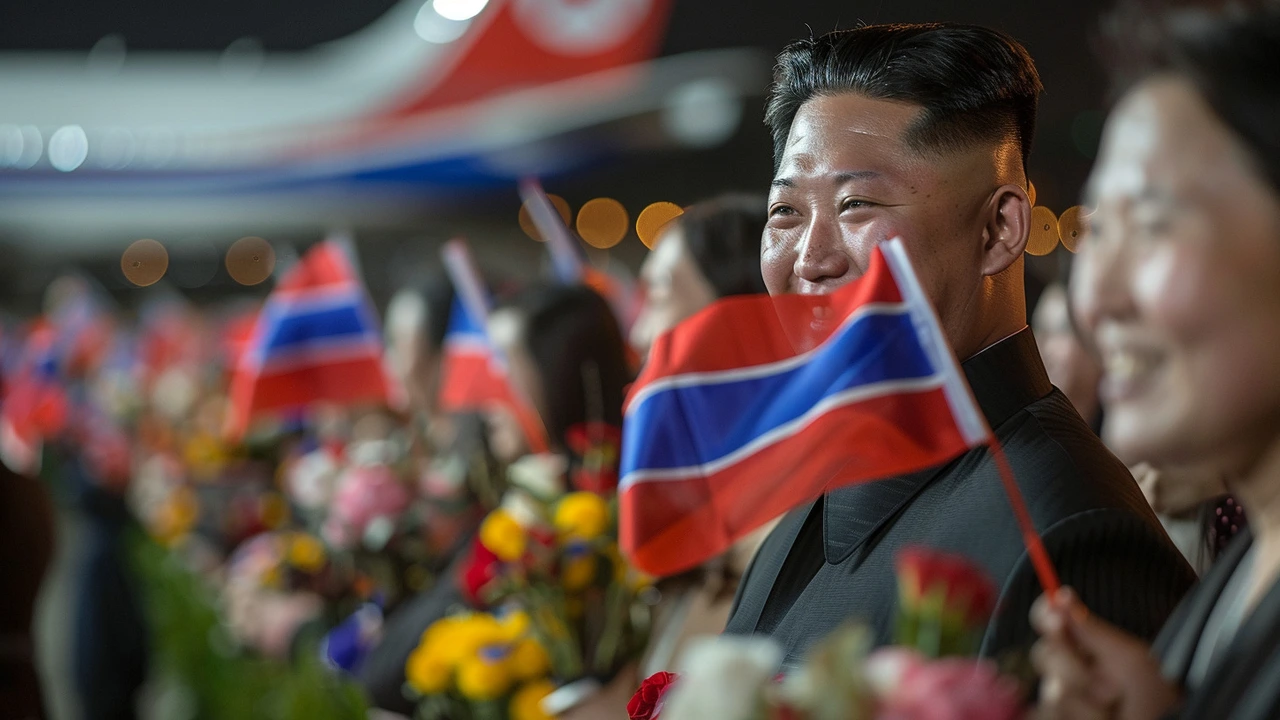Military cooperation in Africa: what to watch
Military cooperation shapes security, politics and foreign ties across Africa. It covers joint exercises, training programs, arms deals, intelligence sharing, base agreements and peacekeeping roles. These partnerships can boost a country's ability to fight terrorism, respond to disasters and keep borders secure. But they can also bring foreign influence, human rights concerns and budget pressure. This tag gathers reporting on all those moves so you can follow who is teaming up, where forces are active and what the deals mean for people on the ground.
A key thing to watch is joint exercises. When two or more countries train together they improve coordination and share tactics. That helps when a regional force responds to a militant threat or rescues civilians after a flood. Exercises also reveal priorities: are they focusing on counterterrorism, maritime patrols or amphibious operations? The type of exercise tells you what leaders see as their main security problems.
Why this matters
Military cooperation matters because security gaps cross borders. Militant groups, smuggling and piracy do not stop at frontiers. Regional cooperation can close gaps faster than every country acting alone. It can also support peacekeeping missions and protect elections. But watch the downsides: costly arms purchases can divert money from health and schools. Foreign military presence can shift local politics or back unpopular leaders. Always look for signs of accountability, rules of engagement and civilian oversight in any deal.
Foreign partners play a big role. China, Russia, the United States, Turkey and Gulf states all build ties in Africa. Those partnerships range from ship visits and training to long-term base agreements and arms sales. Keep an eye on transparency: are contracts public? Are terms clear about sovereignty and use of bases? Those details affect how long and deep the cooperation will be.
How to follow updates
On this tag page you’ll find news about new treaties, troop movements, joint drills, defence spending and court cases tied to military contracts. Look for stories that name the units involved, the locations, and the stated goals. Read reports that include voices from local communities and watchdog groups — they tell you how cooperation plays out beyond the official statements. Use the search filters to sort by country, date or type of cooperation to track trends over time.
If you want quick alerts, subscribe to the site's newsletter or enable notifications for this tag. For deeper context, check past stories here to see how agreements evolved and whether promised reforms happened. Military cooperation can change fast. Watching it closely helps you spot shifts in power, new security risks and where foreign influence is growing.
Tip: follow official defence ministry accounts, local reporters and analysts for balance. Watch procurement records and court filings for transparency clues. When you see photos of ships, planes or soldiers, check the date and location — images can be reused. Keep asking who benefits from each deal and how civilians will be protected; that’s the clearest test of whether cooperation helps people.

